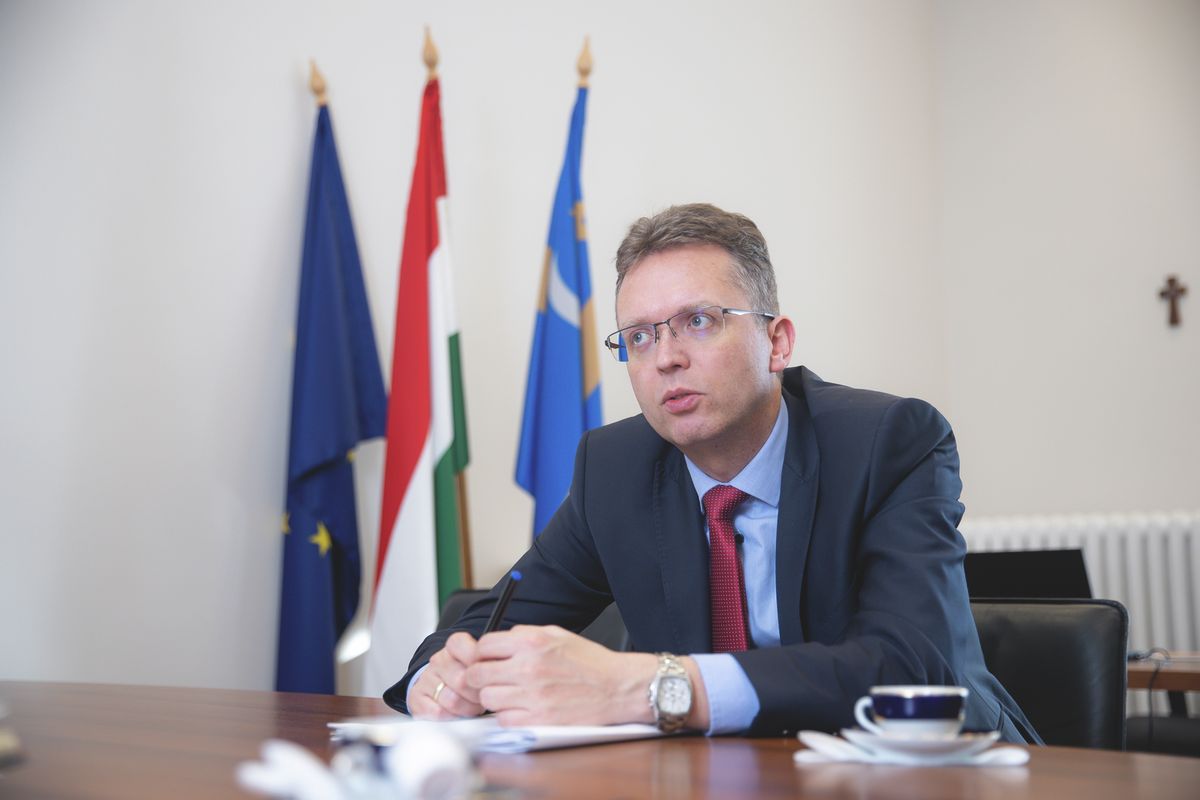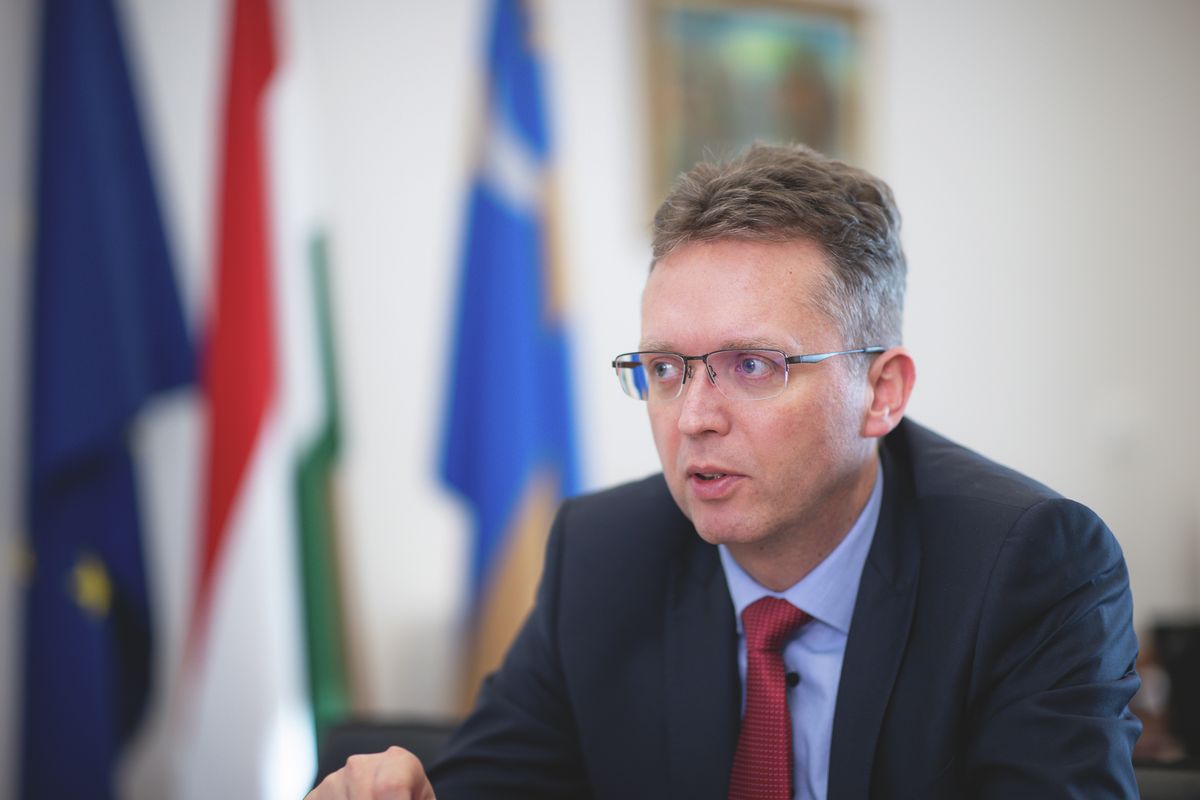What are the most important programs that the state currently supports to support basic research and related university education? Are there any government plans to expand the support system?
If a Hungarian university wants to cooperate with a foreign partner institution, we will finance this, provided that the program and cooperation affect an area that is important from a national point of view.
This year, we will spend 24 billion Hungarian forints on research conducted within the framework of international cooperation, and a total of 147 billion Hungarian forints on innovation research projects.
All of this has a direct or indirect benefit on the national economy, meaning that investing in science is an investment that pays off in many ways.

Photo: Attila Polyak/Orego
There are currently three important pillars of this support system, namely programs that support joint innovation developments of universities, research institutes and companies, the previously mentioned internationalization programs, and excellence programs that guarantee an attractive career path for researchers. By the Research Excellence Council.
Is it expected that in the near future more Hungarian universities will be included in the top 1000, 500 or even 100 global lists?
Last year, for example, Szechenyi University in Gyor entered the first list as a newcomer, but we are also trying to strengthen the positions of those already on the list, such as Semmelweis University and the University of Debrecen.
How do you see the areas where Hungarian science can achieve particular success in international comparisons? Finally, is it plausible based on the results we have achieved so far – like Albert Szentjörgy – that sooner or later we will again see a Nobel laureate conducting research in a scientific workshop in Hungary?
I think that the results of Hungarian researchers in medical and health sciences, in research related to artificial intelligence based on mathematics and network science, in quantum technology, in developments related to autonomous vehicles, and in laser technology research, are very impressive, even in international comparison.
A number of new research centers have recently been established, where world-leading scientific work is being carried out.

Photo: Attila Polyak/Orego
We see a very great scientific and technological potential, among others, in the research of Ruska Butund, which aims to restore vision, and in the research of geneticist Tibor Velai, which focuses on understanding and influencing the aging process. Such world-class research gives reason to be confident that perhaps in the not-too-distant future we will welcome another galactic scientist among the Nobel laureates!






